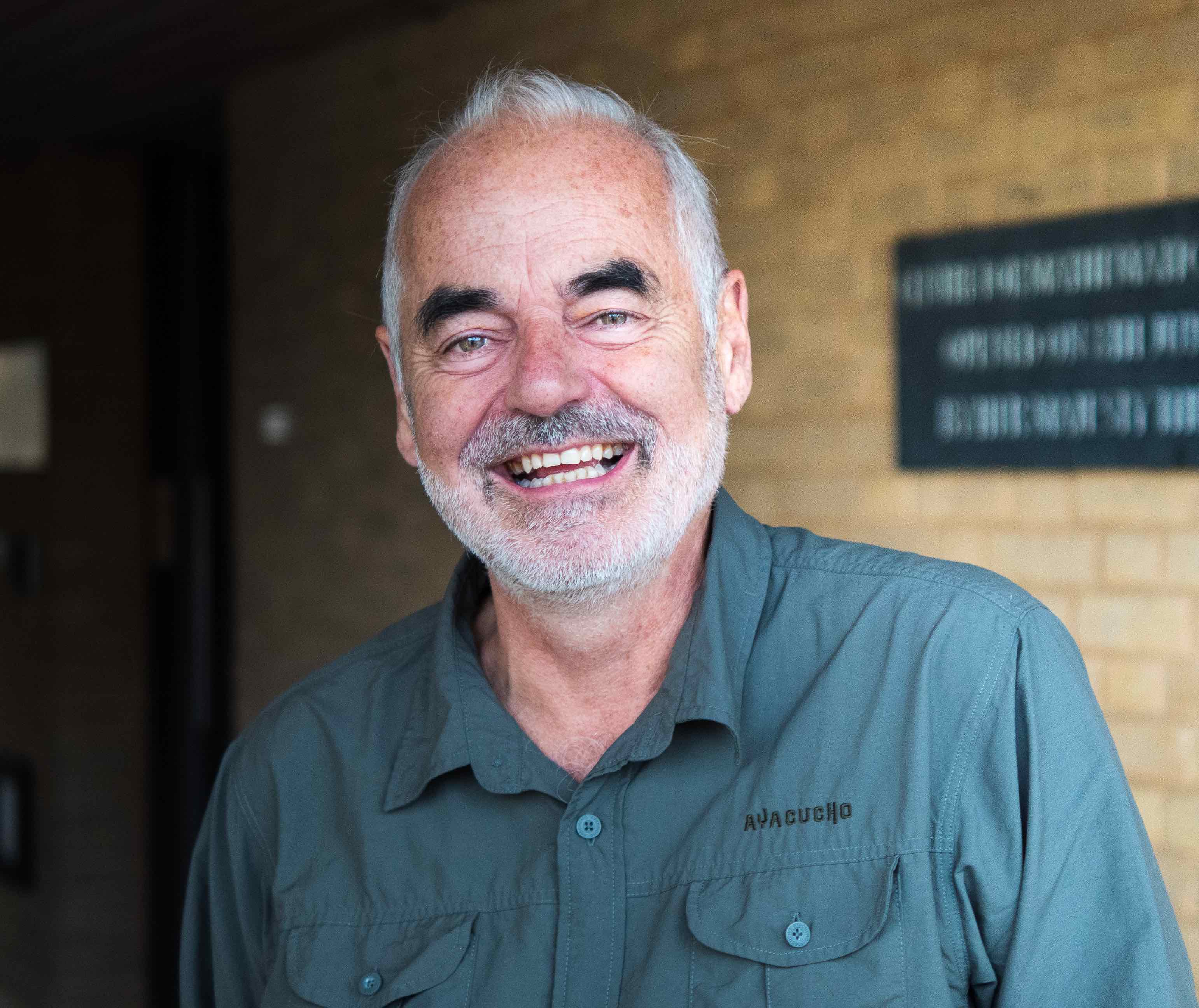MRS President’s Medal 2020 – finalists announced
02 November 2020
The diverse shortlist demonstrates why evidence matters in a wide range of areas, says President of MRS Jan Gooding.
The MRS President's Medal is awarded annually to an organisation or individual that has made an extraordinary contribution to research, but does not have the institutional framework to be recognised by the standard MRS Awards programme.
This year nominations were open to all members and this led to an exciting and varied long list for the judges to choose from.
“The first thing to say is that it was a very strong field,” says Jan, who will select the winner alongside Chair of MRS Dr Nick Baker and CEO Jane Frost CBE. “The finalists represent such diverse issues and techniques. Each in their own way demonstrates why evidence matters in a wide range of areas.”
The finalists are:
Siamack Salari for creating a global open-source ethnography initiative to understand life in a post-pandemic world
Working with people from across the world to conduct interviews, ethnographer Siamack Salari’s Not Everyday Life project is a global crowdsourced initiative which was established to help make sense of the chaos we are living through. The collaborative project is an exploration of changing behaviours and attitudes at this time, but most importantly, tries to understand which behaviours and attitudes will stick in a post-pandemic world.
Find out more at Not Everyday Life or via Digital MR.
Sir David Spiegelhalter for recognising that a focus on evidence-based thinking can add value to every area of our lives
Sir David Spiegelhalter has been hugely influential for putting the power of evidence in the public domain. He has spent decades pushing the dual ideas that decision-makers need to develop a culture of acting on evidence and that researchers need to communicate this increasingly more complex evidence effectively. This is at the heart of the challenges the research sector faces today.
Find out more from the Royal Statistical Society or Research Live.
WHO/Europe Cultural Behavioural Insights Unit for research in Kyrgyzstan focused on understanding the reasons for low vaccination uptake
Under-vaccination can lead to outbreaks of dangerous preventable diseases. A new WHO/Europe document provides expanded guidance for identifying reasons for why some people are not vaccinated and tailoring interventions to remove the barriers they face. The aim is that everyone has equitable access to the health protection offered by vaccines.
Pictured here are Gulnara Zhumagulova, Deputy Director of the RCI (under the MOH of Kyrgyzstan); Narynkul Usenalieva, former immunologist of the RCI; Venera Shukurova, Associate Professor of Peadiatrics, Kyrgyz State Medical Institute of Postgraduate and Continuous Training; Ainura Shergalieva, Officer of the Republican Health Promotion and Mass-Communication Centre under the MOH; Asel Toktomambetova, National Committee of Red Crescent Society of Kyrgyz Republic; Cath Jackson, WHO consultant and Director of Valid Research; Yana Kirillova, Consultant at the WHO Country Office in Kyrgyzstan; Katrine Bach Habersaat, Team Lead a.i. for the Behavioural and Cultural Insights Unit, WHO Regional Office for Europe; Iliyazoa Aigul, UNICEF Officer. Not pictured, but also involved in the project, was Naryngul Orozakunova, epidemiologist of the Bishkek City Centre on Sanitary-epidemiological surveillance.
Read more from WHO or from Medecins Sans Frontiers.
The winner will be revealed during the MRS Awards broadcast on 7 December. Register for free here.
Get the latest MRS news
Our newsletters cover the latest MRS events, policy updates and research news.










